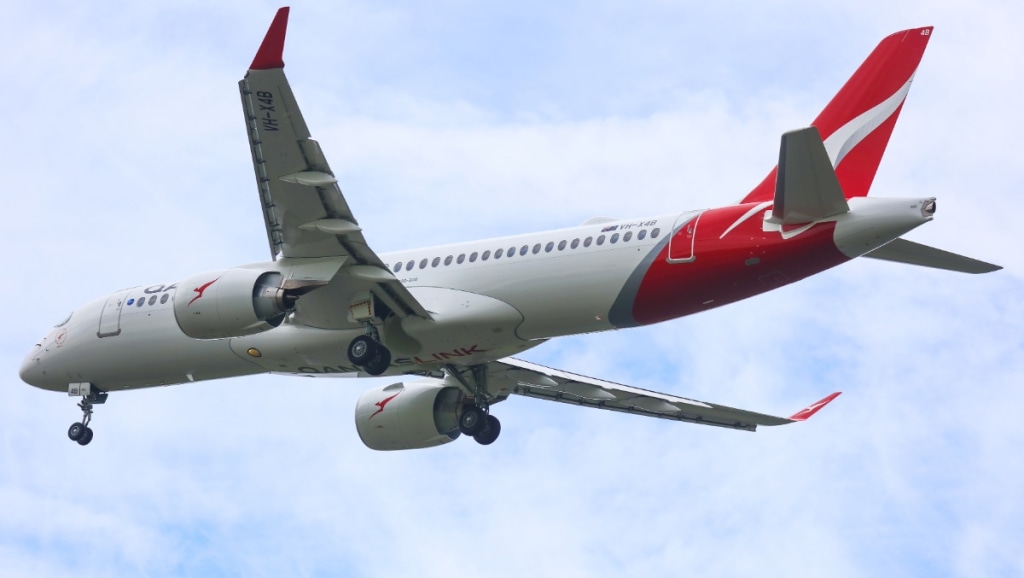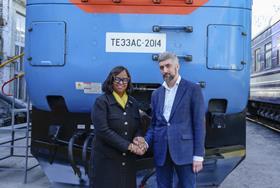Qantas has agreed to pay $100 million in penalties to the consumer watchdog after admitting it misled customers over advertising tens of thousands of airfares for flights which had already been cancelled last year.
The country’s biggest airline is also preparing to pay a further $20 million in payments to 86,000 customers who were sold the tickets under its settlement deal with the Australian Competition and Consumer Commission which is now subject to approval by the Federal Court.

The ACCC launched legal action against Qantas in August last year, alleging the business advertised and sold tickets for 8000 flights that had already been cancelled over a two-month period in 2022.
The consumer watchdog walked back its claims against the airline about wrongful acceptance of payment for these flights, but Qantas agreed it should not have misled customers by advertising the flights even though they did not accept fees for no service.
The total payout is less than half the $250 million in expected penalties when the ACCC first launched its claims against Qantas. The watchdog’s chair, Gina Cass-Gotlieb, said last year she sought the largest ever penalty against the airline to deter other companies from similar misdeeds.
Qantas boss Vanessa Hudson, who started in the top role two months early after the fallout from the allegations, said the settlement agreement was an important step to restore customer confidence in Qantas.
“When flying resumed after the COVID-19 shutdown, we recognise Qantas let down customers and fell short of our own standards. We know many of our customers were affected by our failure to provide cancellation notifications in a timely manner, and we are sincerely sorry.
“The return to travelling was already stressful for many, and we did not deliver enough support for customers and did not have the technology and systems in place to support our people,” Hudson said.



